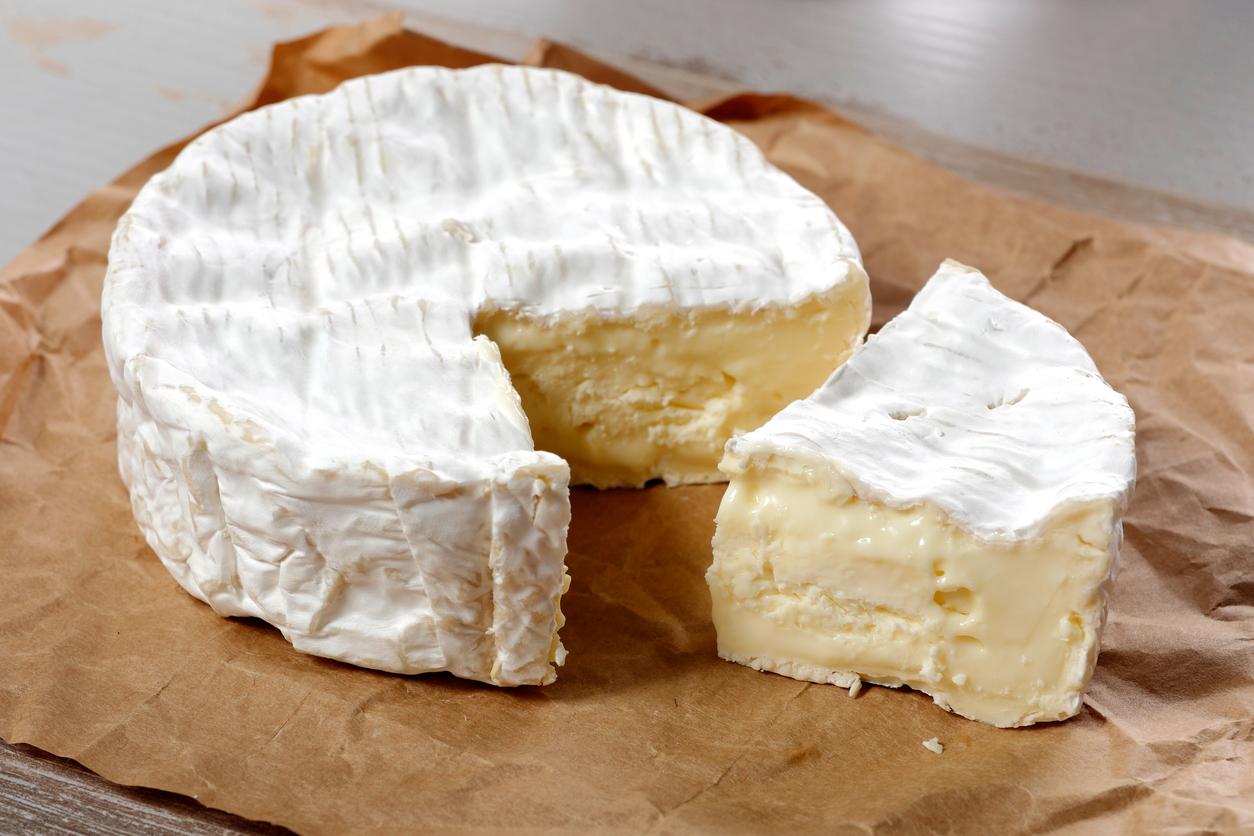We often remember very precisely the experiences that aroused our disgust. Here’s why.

- A study has just demonstrated why we remember experiences that inspire disgust more strongly than others.
- Disgust actually involves three senses (touch, taste and smell), compared to only two for most other events (sight and hearing).
- To demonstrate this theory, scientists asked individuals to tell them the stories that inspired the most disgust in their lives, from the oldest to the most recent.
Walking in dog poop, eating rotten food, getting stuck behind a garbage truck… Researches have just demonstrated why we remember experiences that inspire disgust more strongly than others: they involve three senses (touch, taste and smell), compared to only two for most other events (sight and hearing).
Disgust-eliciting experiences are linked to smell, taste and touch
To demonstrate this theory, scientists asked individuals to tell them the stories that inspired the most disgust in their lives, from the oldest to the most recent. They also asked them about their experiences “morally questionable” and those that caused fear. They then asked participants to rate how much their senses helped in remembering the event.
“I remember when I was working towards my degree in psychology, I had to go to an elementary school to observe children playing and participating in an experiment. Despite my best efforts, the children would not leave me alone and kept jumping on me”, says science editor Russell Moul, for example. “At the time, I had long hair. I still remember leaving school and running my hand through my hair which was stuck together weirdly. When I took it out of my hair, it turned out to be a huge amount of partially dried snot from one of these little brats. It’s been 19 years, and I still vividly remember the feeling it gave me , both in my hair and in my hand”, he explains.
Journalist Tom Hale also says: “When my sister was about 12, she made coconut ice cream and made a cute little box to display it in. The box sat on her bedroom windowsill for months, and I “One day, when I was six years old, I decided to eat it…. I was sick for three days and even today, I hate coconut.”
The synthesis of all these accounts showed that disgust-eliciting experiences were most closely linked to smell, taste and touch. In comparison, the experiences “morally questionable” and frightening were more often remembered via sight and hearing.
Disgust helps us avoid threats
For example, we consider the smell, taste and texture of milk as an indicator of freshness, rather than its physical appearance and the sound it may make as it flows into a glass. Conversely, if you were hit by a car, you will remember the sound of its approach more than what you could smell at the time.
According to the researchers, this experiment consolidates the hypothesis according to which disgust has been used since the dawn of time to help us avoid threats that we detect with touch, taste and smell. For example, feeling that milk that has been opened for several days in the fridge is no longer good helps us avoid getting sick from drinking it.















